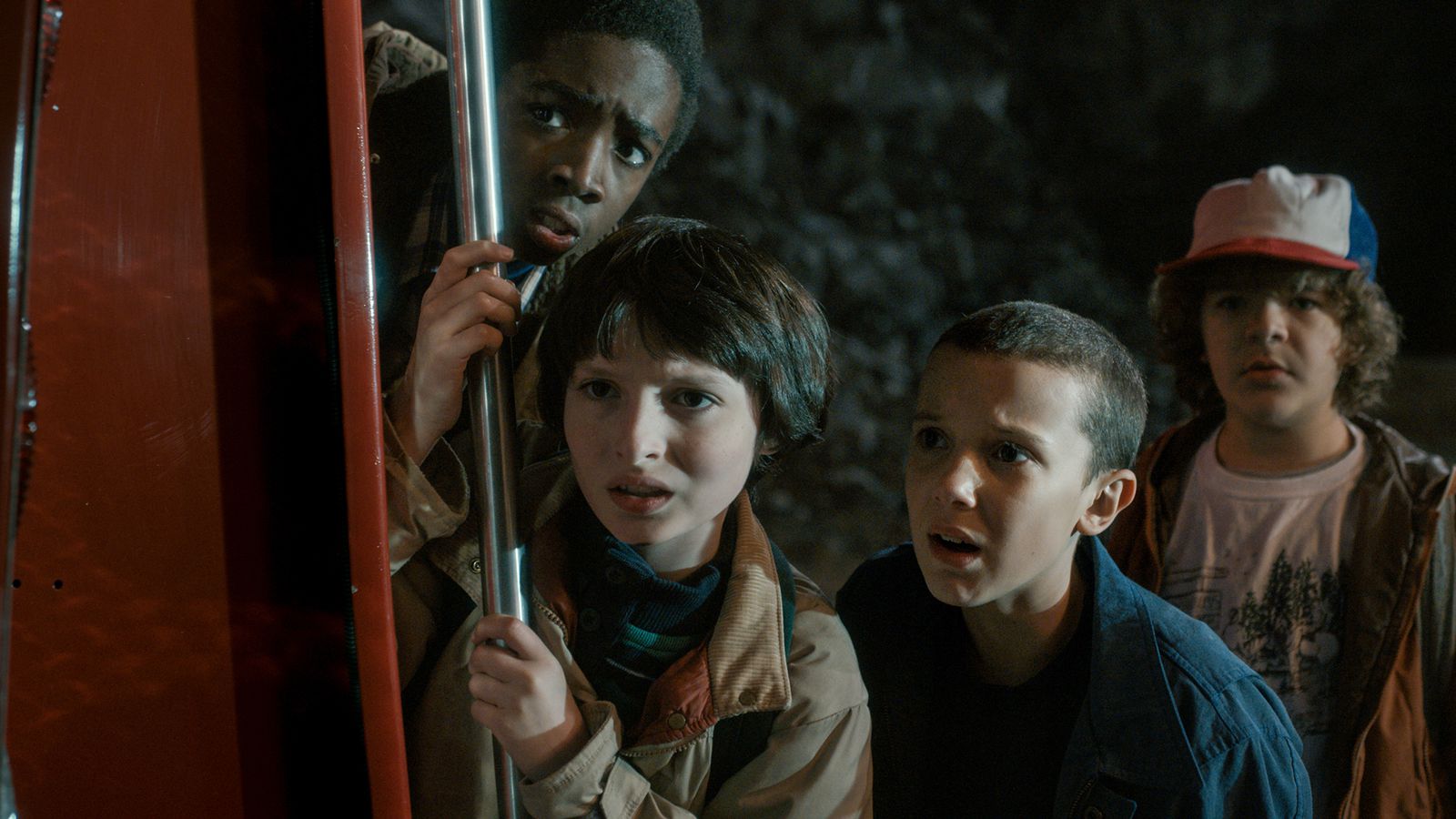Writing for the web magazine Real Life, Willie Osterweil offers a brilliant analysis of the origin of “the nerd” in US popular culture and society, explaining how nerds have evolved into staunch supporters of Trump and neofascism. This development, writes Osterweil, traces back to the emergence of the nerd in the 1980s as a repository for the repressed social struggles of the 1960s and '70s. Here’s an excerpt from the piece:
Of course, the fascists never really left: They’ve just tended to wear blue instead of brown the past 40 odd years. But an openly agitating and theorizing hard-right movement, growing slowly over the past few years, has blossomed in 2016 into a recognizable phenomenon in the U.S. Today’s American fascist youth is neither the strapping Aryan jock-patriot nor the skinheaded, jackbooted punk: The fascist millennial is a pasty nerd watching shitty meme videos on YouTube, listening to EDM, and harassing black women on Twitter. Self-styled “nerds” are the core youth vanguard of crypto-populist fascist movements. And they are the ones most likely to seize the opportunities presented by the Trump presidency…
The nerd appeared in pop culture in the form of a smart but awkward, always well-meaning white boy irrationally persecuted by his implacable jock antagonists in order to subsume and mystify true social conflict — the ones around race, gender, class, and sexuality that shook the country in the 1960s and ’70s — into a spectacle of white male suffering. This was an effective strategy to sell tickets to white-flight middle-class suburbanites, as it described and mirrored their mostly white communities. With the hollowing out of urban centers, and the drastic poverty in nonwhite communities of the ’80s and ’90s, these suburban whites were virtually the only consumers with enough consistent spending money to garner Hollywood attention.
In the 1980s and ’90s, an obsession with comics, games, and anime might have made this suburban “nerd” a bit of a weirdo. But today, with comic-book franchises keeping Hollywood afloat and video games a $100 billion global industry whose major launches are cultural events, nerd culture is culture. But the nerd myth — outcast, bullied, oppressed and lonely — persists, nowhere more insistently than in the embittered hearts of the little Mussolinis defending nerd-dom.
Image: Still from Stranger Things.
